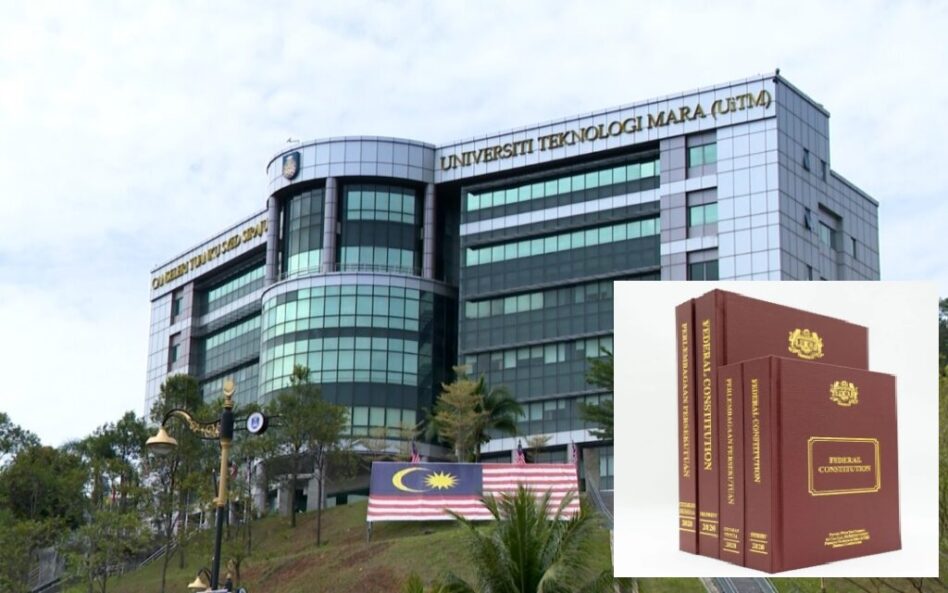By Ranjit Singh
INDUSTRY experts have lauded the government’s initiatives under its recently announced RM20 bil economic stimulus package to mitigate the adverse economic impact from the Covid-19 outbreak.
Legal firm Wong & Co said in a statement today that Malaysia was one of the earliest movers in coming up with economic measures to address the effects of the virus outbreak.
“The government has produced a package that addresses several important areas, and we believe the measures will provide a boost to businesses and alleviate the challenges faced by everyday Malaysians arising from the unexpected disruptions caused by the health crisis,” said the firm.
It also said the government’s plans to sustain public investments, expedite tenders and hasten the implementation of planned investment projects were a much-needed shot-in-the-arm amid a weak economic environment.
The focus on solar power generation projects, green technology and the National Fiberisation Connectivity Plan was also prudent as it focuses on projects which will provide long-term benefits to the supply chain, the nation and people.
The waiver of listing fees by the Securities Commission and Bursa Malaysia for one year, for certain companies seeking a listing on the LEAP or ACE markets, will help invigorate the local capital markets during this challenging time.
Dr Yeah Kim Leng, a member of Bank Negara Malaysia’s Monetary Policy Committee (MPC) and professor at Sunway University tells FocusM that the stimulus package amounts to 1.3% of Malaysia’s 2019 GDP and this exceeds most private-sector forecasts of the impact of Covid-19 on the economy.
“Although the final impact of the Covid-19 epidemic remains uncertain at this juncture given that it continues to spread across the world, Malaysia can be counted among the first few nations to mount a stimulus package amidst increasing calls around the world for governments to coordinate and provide fiscal stimulus. The larger-than-expected package would provide some early growth insurance to the Malaysian economy,” said Yeah.
He adds that the stimulus package is well-targeted as it incorporates the most widely reported suggestions to assist the affected sectors, boost domestic tourism and domestic consumption. The projected widening of the fiscal deficit from 3.2% to 3.4% of GDP is also within the expected range, and importantly, within Malaysia’s fiscal capacity.
Lee Heng Guie, executive director at Socio-Economic Research Centre (SERC), tells FocusM that the economic stimulus package is broad-based and well targeted at the affected businesses and individuals. There are measures to help firms and workers restructure, train and upgrade in preparation for the eventual upturn.
“It is obvious that the economic stimulus package is being crafted to ensure that it will have quick positive impact on businesses and households by a direct channelling of funds to the intended sectors. This, together with the expediting of the implementation of public development projects and timely disbursement of funds, is expected to help stabilise the negative spillover effects, and hopefully, a rebound in late 2Q and 2H 2020, said Lee.
He adds that SERC had estimated GDP growth for 2020 at 3-4%, a downward revision from 4.5% previously. This was a shade lower than the government’s revised GDP growth estimate of between 3.2% and 4.2%, which was cut from 4.8% during the tabling of Budget 2020 on Oct 11, 2019.
“We think that a slightly larger deficit of 3.4% of GDP in 2020 compared to 3.2% previously in the Budget is conceivable to counteract the short-term economic shock. We do not expect global rating agencies to put Malaysia’s sovereign rating on review as the government remains committed towards fiscal reforms and consolidation as well as debt containment when the economy returns to stability,” said Lee.
He also said the near-term risk to the country is that a prolonged political upheaval may cause delays in the implementation of fiscal measures to support the economy and stall reforms.
“Notably, the measures are not mainly reliant on government spending. Private sector support from GLCs such as Tenaga Nasional Bhd and Malaysia Airports Holdings Bhd will play a significant role.
“Increased spending by individuals from additional disposable income, arising in particular from the reduced EPF contribution, is expected to unlock some RM10 bil to shore up domestic consumption. Importantly, this will not strain the budget deficit position,” said Ernst & Young Tax Leader Amarjeet Singh.
He pointed out that the RM20 bil package is sizeable compared with Singapore’s stimulus package of US$4.6 bil, whilst Indonesia unveiled a package of around US$742 mil.
“During the global financial crisis in 2009, Malaysia unveiled a stimulus package of some RM60 bil (over two years). At that time, the budget deficit increased from 4.8% to 7.6%. In comparison, the 2020 package is expected to increase the fiscal deficit by only 0.2 percentage point, to 3.4%,” Amarjeet Singh added. – Feb 28, 2020









